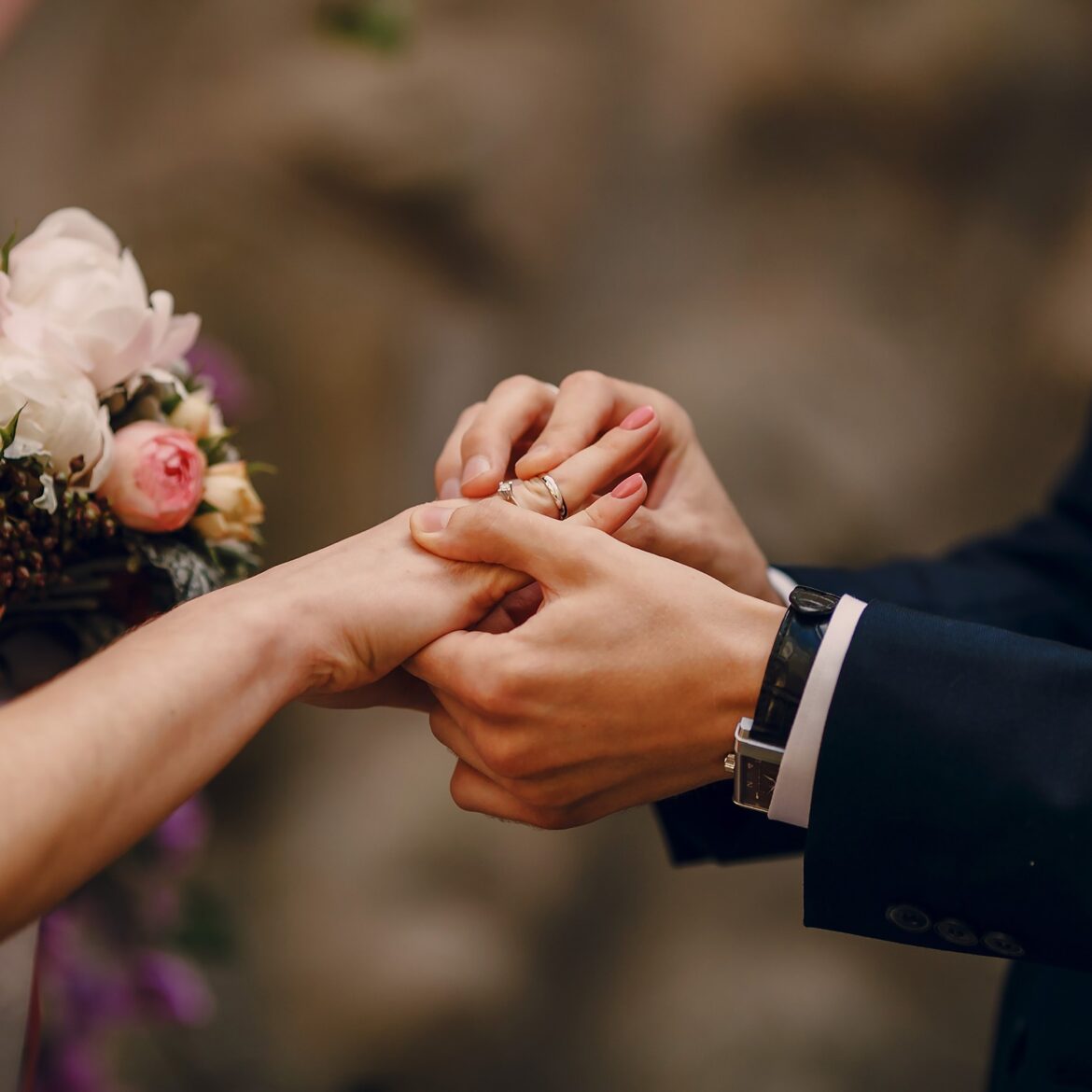- Societal pressure forces women and men into marriage before they are emotionally or mentally prepared.
- Marriage is wrongly seen as a solution to immaturity or insecurity, leading to frustration and emotional burnout.
- A deep emotional literacy gap between men and women contributes to dysfunctional relationships and long-term unhappiness.
The Pressure Cooker of Cultural Expectations
In Pakistani society, marriage is often seen less as a partnership and more as a deadline. Women are hurried into “settling down” before they’ve had time to discover themselves, while men are expected to “man up” and lead households without any emotional grounding. The result? Two individuals, both under immense societal pressure, forced into a lifelong commitment before they’re truly ready—mentally, emotionally, or financially.
This pressure leads to relationships strained by unmet expectations, communication breakdowns, and emotional detachment. What begins with a grand wedding often spirals into a quiet burnout, especially for women who are taught to endure rather than express.
Marriage is Not a Fixer-Upper
A dangerous myth persists: that marriage will fix a man’s immaturity or protect a woman from the world. But a marriage built on the hope of transformation rather than readiness is like building a house on a fault line.
Many women enter marriage thinking it will provide stability, only to find themselves playing the role of therapist, caretaker, and partner—all at once. On the other side, men who were never taught to understand their emotions or responsibilities are thrown into a role that demands both. This mismatch creates a recipe for frustration, resentment, and emotional disconnect.
The Emotional Literacy Gap
From a young age, Pakistani girls are taught to feel, to empathize, to nurture. Boys, on the other hand, are often told to “toughen up” and suppress emotions. This creates a glaring emotional literacy gap.
When these boys and girls become men and women—and eventually spouses—the imbalance becomes painfully clear. Emotionally literate women find themselves paired with emotionally distant men. Conversations become arguments, silence becomes the norm, and emotional safety becomes a distant dream.
We cannot expect healthy marriages in a society that doesn’t foster emotional readiness in both genders.
Building Readiness Before Rings
The solution isn’t to demonize marriage—but to redefine the timing and preparation behind it. We need a cultural shift that prioritizes emotional education, self-awareness, and mutual readiness over social deadlines.
